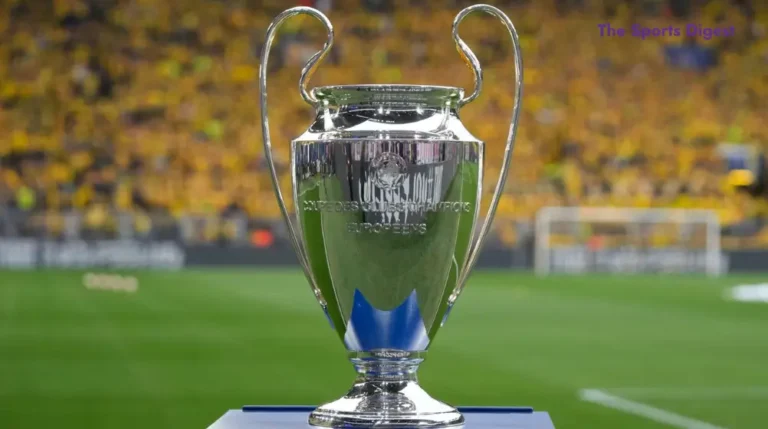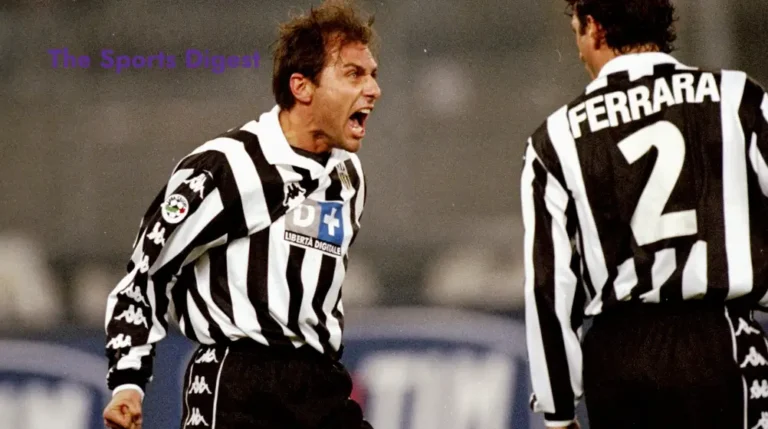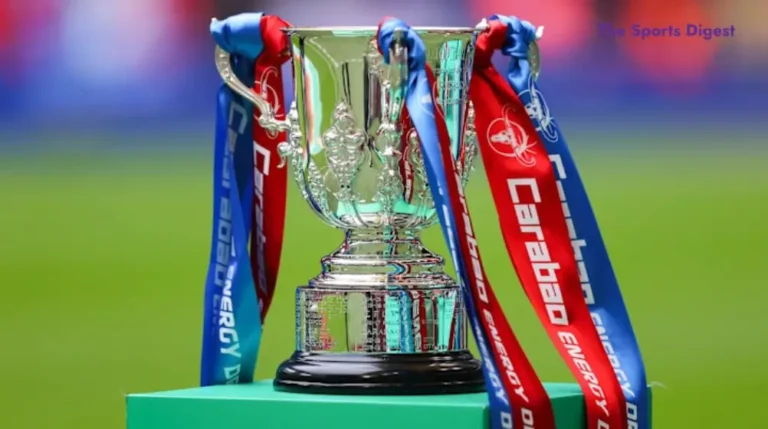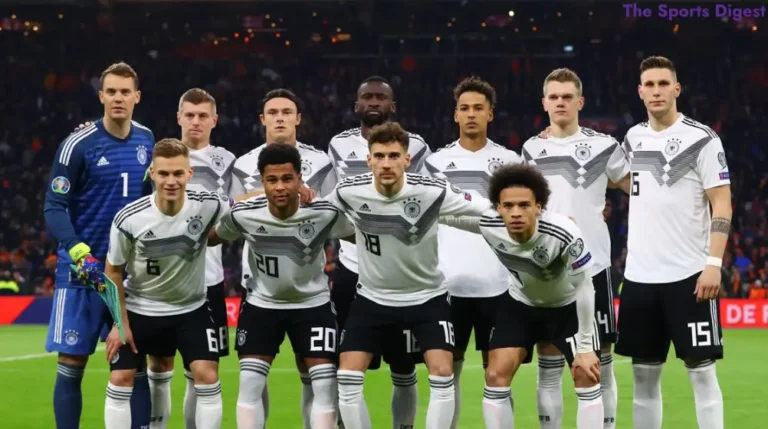Germany Lost Football Leaders
Germany has long been defined by powerful leadership, both in history and culture. In politics, figures such as Frederick Barbarossa and Otto von Bismarck shaped the course of Europe through their vision and authority. Barbarossa symbolized the rise of imperial strength, while Bismarck’s unification of the German states in 1871 created a nation that would go on to influence global history for decades. These men were more than rulers—they were strategic minds who led through a mix of intellect, charisma, and sheer determination.
This historical pattern of leadership has been mirrored in German football. On the field, the concept of German football leadership has always been strong. Germany did not rely solely on individual talent but on structured systems guided by commanding captains. These leaders inspired discipline, unity, and mental fortitude—qualities that led to Germany’s consistent success in international tournaments.
From the earliest days of competitive football, the German captain was seen not just as a player with an armband but as the orchestrator of the team’s entire spirit. They embodied more than tactics—they embodied values. And for many years, this archetype seemed permanent.
Table of Contents
From Bismarck to Beckenbauer
As Germany rose in football, leadership took center stage. Franz Beckenbauer, known as “Der Kaiser,” remains one of the most influential captains in football history. His ability to combine defensive brilliance with elegance on the ball made him a revolutionary. Beckenbauer didn’t just defend—he led every build-up, dictated tempo, and redefined the sweeper role. Under his leadership, Germany won the World Cup as both player and manager—an unmatched legacy of German football leadership.
Later came Lothar Matthäus, the dynamic box-to-box midfielder who captained Germany to World Cup victory in 1990. He was fierce, vocal, and technically gifted—a natural leader who thrived under pressure. Matthäus wasn’t afraid to take control or to challenge teammates to reach their peak. Like Beckenbauer, his leadership style was unmistakable and widely respected.
Even players like Michael Ballack continued this tradition, carrying Germany through difficult transitional periods in the early 2000s. Though Ballack didn’t win the World Cup, his leadership was never in doubt. He often shouldered the burden when others faltered—a hallmark of true German captains.
These figures gave Germany its identity. They were tactical leaders, physical leaders, and above all, moral leaders. Their presence alone raised the standard of their teammates. They were extensions of the coach on the pitch, often seen guiding formations, encouraging composure, and dictating play even under intense pressure.
Philipp Lahm: The Last of His Kind?
Then came Philipp Lahm. Quiet, intelligent, and graceful, Lahm broke the mold of the traditional loud and physical German leader. He led through precision and tactical mastery rather than shouting. As a full-back, and later as a midfielder under Pep Guardiola at Bayern Munich, Lahm became the very definition of a modern footballer—versatile, calm, and always one step ahead.
In 2014, he captained Germany to its fourth World Cup triumph. Yet what stood out was not dramatic speeches or emotional moments—it was his silent excellence. Lahm’s leadership wasn’t always visible to casual fans, but within the team, it was everything. He ensured positional balance, made key decisions, and maintained unity. His humility became his strength.
But with his retirement came a noticeable void. Germany still had talented players, but none with Lahm’s balance of intelligence, discipline, and control. Since 2014, the national team has struggled to replicate the kind of harmony and mental toughness that Lahm embodied. Leaders like Manuel Neuer, Thomas Müller, and Ilkay Gündoğan have done their part—but none have truly replaced him as the undisputed heart of the squad.
Lahm might have been the last of a certain breed—a leader formed not just by skill but by character. His exit signaled the end of an era where German football leadership was both a role and a responsibility deeply rooted in the nation’s identity.
A Culture in Transition
Today, Germany is in a transitional phase—not just tactically but philosophically. Younger generations are less hierarchical, more collaborative. Modern football systems focus on team fluidity rather than centralized leadership. Coaches often lead from the sideline, while captains are expected to support rather than command. In this shift, Germany seems to have lost something valuable: the commanding presence of a field general.
Fritz Walter, the hero of the 1954 World Cup, once symbolized this balance of skill and leadership. A player who could glide past defenders and yet inspire an entire nation, he represented an era when leadership was instinctive and respected. Today, while talent is in abundance, the absence of a singular, commanding leader feels significant.
In major tournaments since 2014, Germany has faltered—not due to lack of skill, but due to lack of cohesion. Perhaps the absence of a Lahm-like figure—one who embodies German football leadership in both spirit and execution—has made the difference.
As the nation eyes the future with young talents like Florian Wirtz and Jamal Musiala, the question remains: who will step forward to lead—not just by playing well, but by becoming the mind and soul of the team?
Have you ever read an article like this?
There are no reviews yet. Be the first one to write one.






